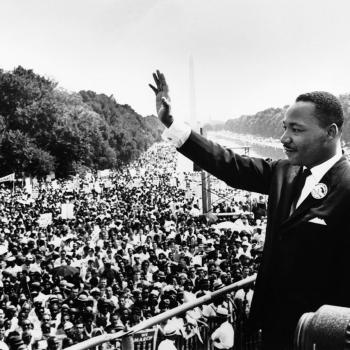Money talks. And if I am elected, in Colorado or elsewhere, thanks to large campaign donations, I am beholden in some way to those interests, especially as, someday, I will be running for elections again.
Much of this glut of outside money is a result of another, more recent Supreme Court decision, Citizens United v. Federal Election Commission, which ruled that corporations (since they are "people" and have the right of free speech) could throw unlimited amounts of money into political advertising. While some commentators embraced the ruling as a matter concerned only with free speech, I concur with President Barack Obama and Senator John McCain, both of whom argued that the amount of money flowing in from corporate political advertising would benefit moneyed interests (like the corporations themselves) and not individual voters. Thus, corporations become members of the body with an outsize influence, big toes swollen to the size of cantaloupes, say, gall bladders engorged like a watermelon.
And how is that good for the body? How, in fact, can the body function when some of its members have grown beyond all proportion to the other parts?
While corporations are treated, in the eyes of the law, as human beings, human beings have many purposes to their existence. However, the purpose of many of those corporations who are throwing money into the political process is unifold: to make a profit. Why would a for-profit corporation be involved in political advertising? Because doing so ensures that they will continue to make a profit; or make a greater profit.
Does their making a profit constitute a greater good for society? For their workers and shareholders, perhaps. But for the rest of us? What is the theology that confirms this "mine" and "I deserve" mentality?
Corporations--and their CEOs and investors--will indeed do well by gaming the political system. As Nicholas Kristof noted in the New York Times the other day, in the years from 1980 to 2005, "more than four-fifths of the total increase in American incomes went to the richest 1 percent." The wealthy gain influence and power; they always have.
And the rest of us wonder why no one listens to us unless we scream--if then.





